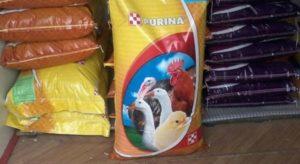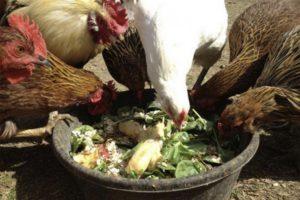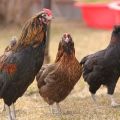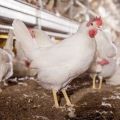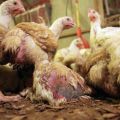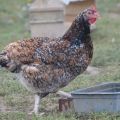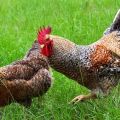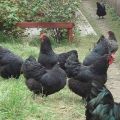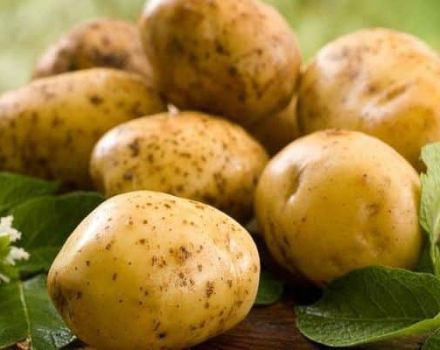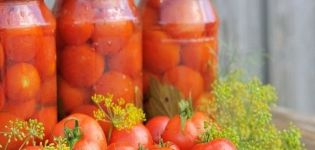What vitamins are needed for chickens and dosage, names of drugs and healthy foods
A properly composed diet is the key to the health of laying hens and their good egg production. Many breeders make the mistake of using only feed, but it cannot provide the birds with all the vitamins they need. The problem is especially acute in winter. Therefore, you need to know which products contain certain substances. Otherwise, hens start to get sick and produce few eggs.
Content
- 1 Why do hens need vitamins
- 2 Important Vitamins and Minerals for Poultry
- 3 What kind of fortified food is given to laying hens for egg production?
- 4 What to add in winter?
- 5 Foods not to be fed to birds
- 6 When do you need a vitamin supplement
- 7 Dosage of vitamins D for broilers
- 8 Natural Vitamins for Broiler Chickens
Why do hens need vitamins
First of all, such feeding is necessary for the health of birds. Vitamins help protect against the following diseases, which are common in chickens:
- viral diseases;
- loss of feathers;
- cannibalism.
Also vitamins are important for egg production. As a rule, in the summer, chickens do not suffer from a lack of them, because they themselves receive useful substances from pasture. But in winter, supplements are required.
Important Vitamins and Minerals for Poultry
The lack of certain substances greatly affects the health of chickens and the quality of eggs. To avoid possible problems, first of all, you need to provide the layers with the following vitamins:
- Vitamin A - Required from the moment of hatching to maintain metabolism. With its lack, the eggs become smaller and the yolk turns pale.
- Vitamin D - is responsible for the formation of a strong shell. Otherwise, it may be absent altogether. In summer, birds receive it thanks to the sun's rays, in winter, a deficiency leads to rickets, and bone tissue is deformed.
- Vitamin E is essential for egg fertilization.
- B vitamins support the endocrine and digestive systems and are essential for mucous membranes. Without them, anemia can develop.
- Vitamin K is needed for good blood clotting.
- Lack of folic acid also leads to anemia, problems with growth, feathering and egg production.
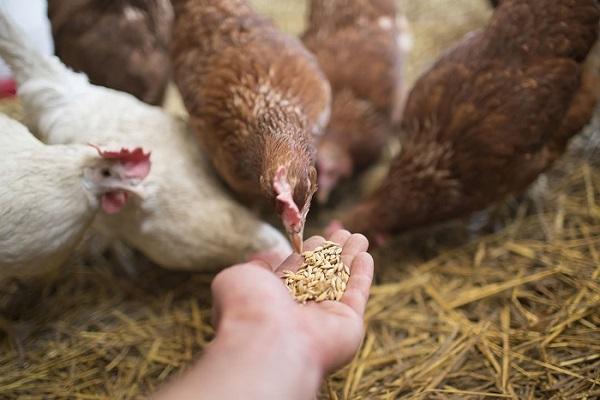
Also, don't forget about minerals:
- calcium;
- magnesium;
- phosphorus;
- iodine;
- iron;
- manganese;
- zinc.
Most of these substances are responsible for the formation of the skeletal system of the hen and the shell of the eggs that it lays. Due to a lack of iodine, the goiter increases, the bird breathes heavily, and lays eggs worse.
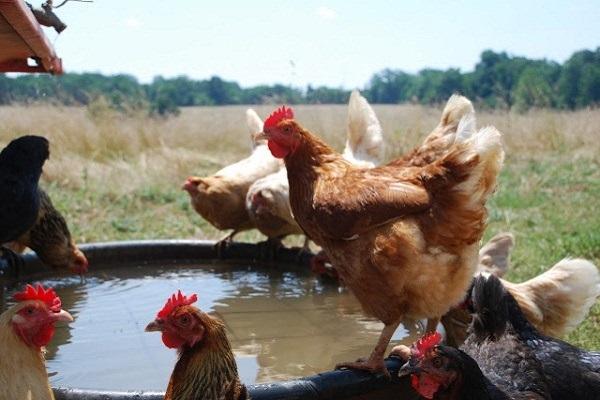
What kind of fortified food is given to laying hens for egg production?
Chickens can get most of the necessary substances from natural products. The main thing is to provide birds with such food on time.
Cereals
Among all products, it is cereals that form the basis of the diet of chickens. They provide the necessary energy and prevent many diseases. Among cereals, preference is given to the following:
- wheat (should be 75-80% of the grain mass) - contains vitamins E, B and proteins;
- barley - should be germinated in winter;
- oats - it contains fiber and fat; give steamed and sprouted;
- rye is rich in proteins, but it is given little by little;
- corn - pre-crushed, also fed in small quantities.
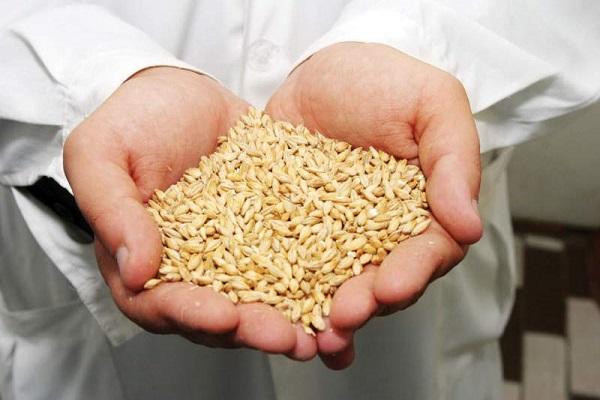
Root vegetables and vegetables
It is recommended to give the following vegetables raw:
- beets (sugar or fodder);
- carrot;
- cabbage.
They are pre-grated or finely chopped. You can also give potatoes, but only boiled.
Legume grain
All legumes are first soaked in water for about half an hour or more, then boiled in water. Otherwise, toxins remain in them, and the grains themselves are too hard in their raw state. Chickens are fed beans, black and white beans, soybeans, lentils, peas.
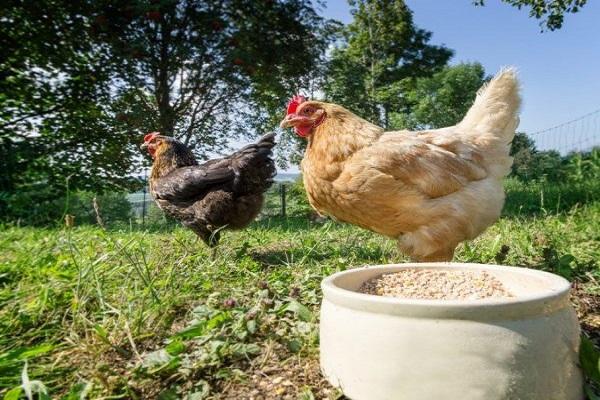
Mealy feed
Chickens are better at absorbing grains in the form of flour, while they also receive all the necessary fiber. For the manufacture of such feed, wheat, barley, rye, corn, amaranth, soy are used. The resulting mixture after grinding is added to any feed.
Protein foods and worms
This type of food contains many amino acids, which are needed by hens for energy and development. Protein is found in many plant and animal foods. Chickens can even be given cottage cheese, meat, meat and bone meal. Fish will also be useful, but in small quantities, otherwise the eggs will acquire a characteristic smell.
Worms are a good addition. Their use will improve egg production. It is possible to breed worms directly on the territory of farms, using any organic material.
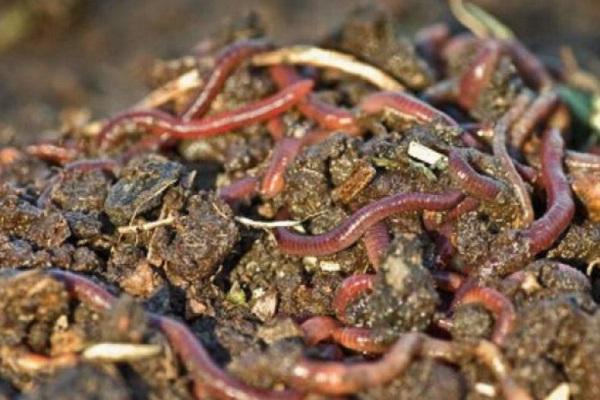
Nutritional supplements
To strengthen the health of layers, increase immunity and egg production, use food additives:
- coniferous flour;
- probiotics;
- dry seaweed;
- fish fat;
- water with unfiltered apple cider vinegar.
Greenery
If possible, send chickens to graze freely so that they can find the necessary feed themselves. Otherwise, use finely chopped herbs. Even ordinary grass will do, you can collect a dandelion, the tops left after vegetables.
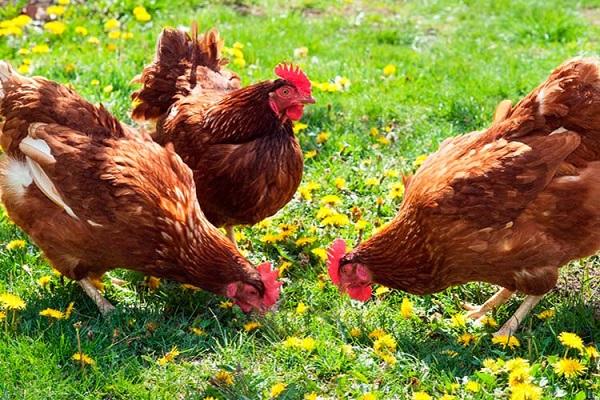
Other products
First of all, chickens need to be provided with fresh water. Stay hydrated. Crackers increase egg production. They can be crumbled or soaked in water. However, fresh bread, especially yeast bread, will ferment in the stomach. Also, poultry farmers are advised to put cut melons, for example, pumpkin, in a chicken coop or a place for walking chickens. Birds and radishes are eaten.
What to add in winter?
In winter, hens cannot get all the necessary substances themselves from pasture. The lack of light also affects, so feeding is especially important. To avoid vitamin deficiency, you need to make a supply of greens from summer or autumn. It is dried, finely crushed and added to feed.
They also use vegetables that are suitable for long storage. Each fruit must be examined carefully. They must be strong, free from rot.
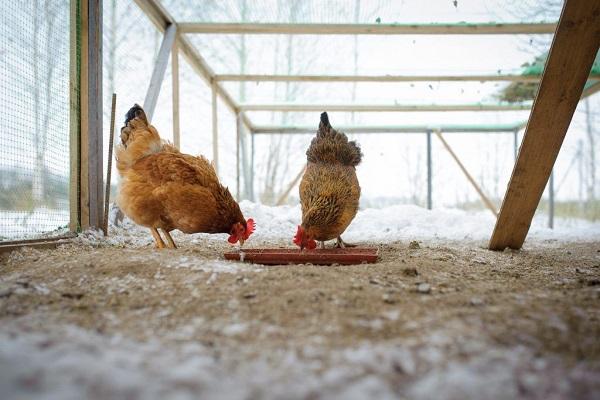
Foods not to be fed to birds
Careful selection of foods is essential to keep birds healthy and increase egg production. Some of these can be harmful to chickens:
- salt in large quantities;
- unripe nightshade vegetables and their leaves;
- onions can lead to anemia and even death;
- dried and uncooked legumes;
- dry rice has a bad effect on the intestines;
- raw eggs cause cannibalism;
- apple seeds.
Certain chicken breeds cannot eat citrus fruits. Therefore, when choosing a diet, consider the name of the variety of layers.
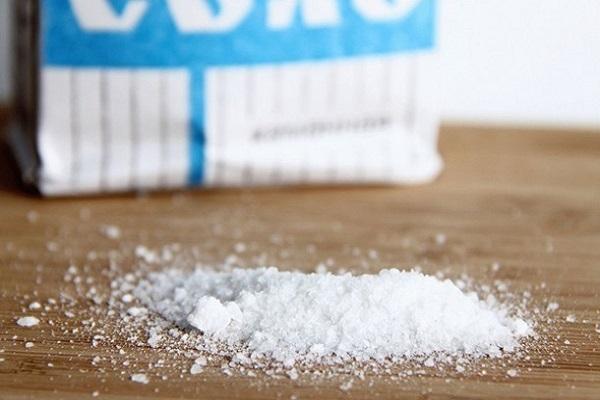
When do you need a vitamin supplement
In the summer, with fresh greenery and sun, chickens usually do not need additional vitamins. This need arises in the following cases:
- under stress, for example, during transportation;
- in winter, so that the chickens do not freeze and do not suffer from vitamin deficiency;
- if there are sick birds, vitamins will be a good prevention.
To avoid health problems, birds are often given different medications. For example, multivitamin Undevit supports metabolism well. A well-chosen preparation will provide the body with the necessary substances.
Dosage of vitamins D for broilers
Vitamin D must be in the diet. With its lack, growth worsens, various diseases arise. The first sign is an increase in the joints.
In summer, chickens obtain this vitamin with the sun, but in winter it must be added to the water. You can give low-fat cottage cheese, yogurt, whey, or feed the birds with boiled eggs and fish oil every day. But an excess of the vitamin can harm the kidneys. Therefore, the dosage is calculated taking into account the degree of deficiency.
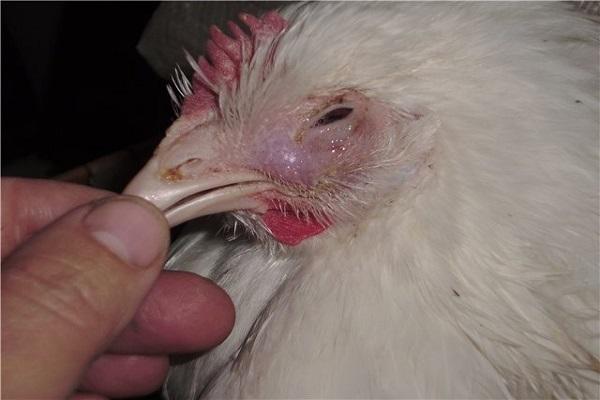
Natural Vitamins for Broiler Chickens
If it is not possible to use vitamin complexes, natural products will do. For broilers, fresh greens (especially green onions), needles, cottage cheese, carrots, feed yeast and fresh beets are most useful. And, of course, clean water is required.
If you provide the chickens with the necessary substances, then you can achieve high egg production. Nutrition has a profound effect on layers and broilers. Birds even die without the necessary substances.
